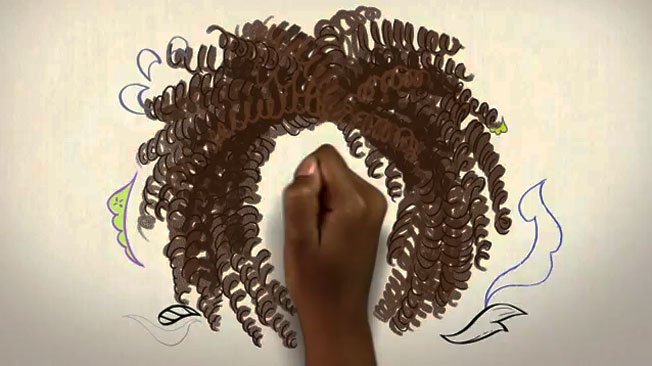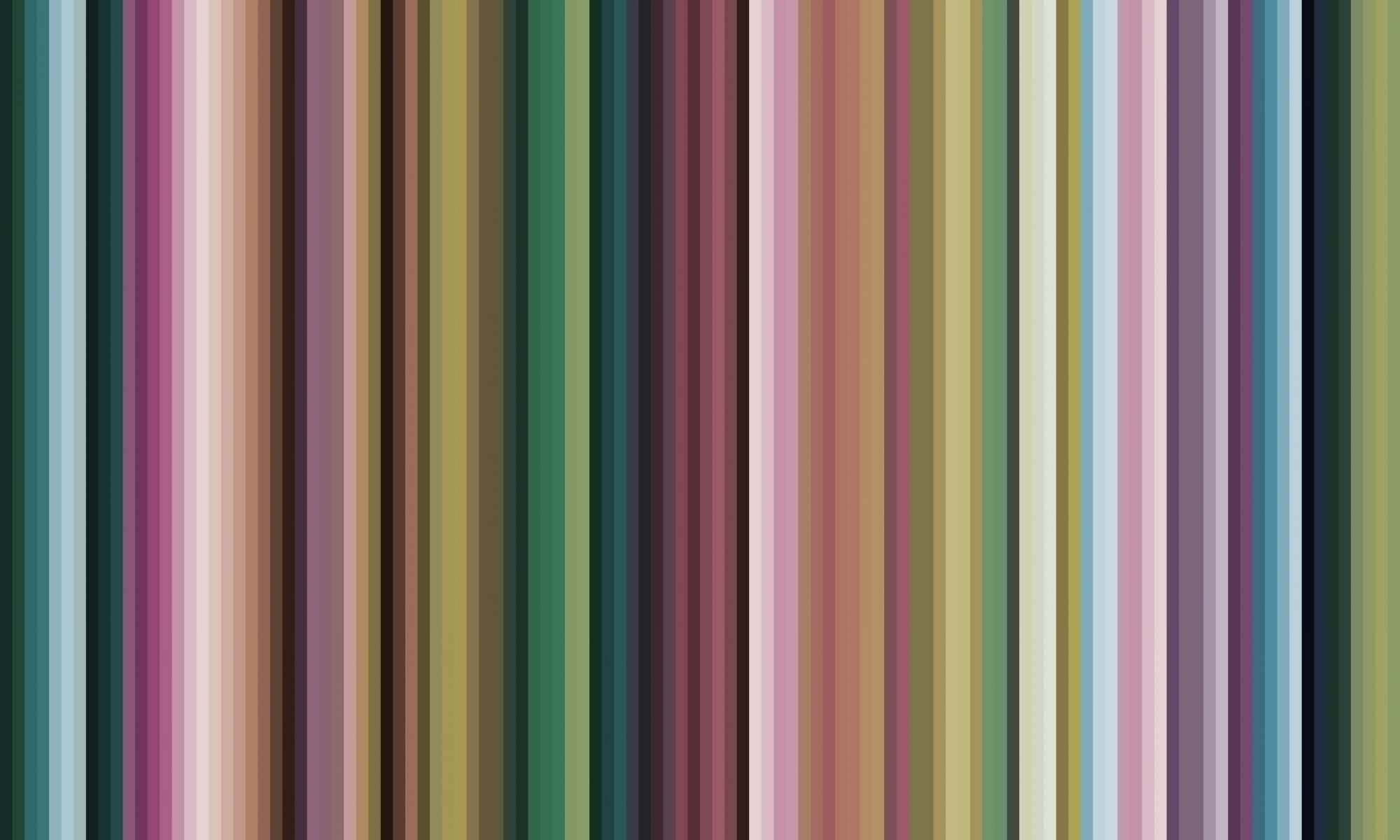Summer’s Eve ‘Hail to the V’ spots are definitely effective.
That doesn’t mean they’re a good idea.

Yes, that’s supposed to represent a talking vagina.
Earlier this summer, Summer’s Eve (famous for their ‘feminine hygiene’ products) launched their ‘Hail to the V’ campaign. I strongly recommend you watch the commercials before you read the rest of this post, but since they were forced to pull the ads in July, you’re going to have a hard time finding them. I did manage to find them on Adweek, so you can watch them here. The ads promote a special vaginal wash and handy vaginal wipes.
It’s always a challenge to advertise ‘intimate feminine’ products without resorting to cheesy euphemisms, bad graphics, or frankly ridiculous concepts (for years, I was confused as to what Ex-Lax was, due to their use of yellow droplets and terminology referring to ‘softening agents’). And, as the recent commercials for U Tampons have demonstrated, women are definitely ready for marketing messages that don’t resort to pouring generic blue liquid all over stuff.
But the Summer’s Eve ads left me firmly divided: My advertising self recognized they were great advertising in many ways. My personal self hated them.
Why they’re great advertising
Advertising for new products needs to do 2 things:
- Create awareness
- Create demand
And on these two fronts, the Hail to the V campaign succeeded.
Awareness: Stephen Colbert parodied the ads on his show, there are other parodies on YouTube (and many others have been pulled), and I’m definitely not the only blogger who jumped on the story. Sure, parodies and criticism won’t drive long-term brand credibility, but so what? When you’re launching a product in a crowded media market, a short-term viral frenzy is effective – you can worry about brand credibility later, once everyone knows who you are.
Demand: The ads do a remarkably good job of playing on the target market’s (women aged 18-34, and probably much younger) existing insecurities about their, um, intimate areas. We’ve come a long way since Lysol was promoted as an effective feminine hygiene product, but there are still plenty of people (of both sexes) who think that vaginas are somehow ‘gross’ and ‘unclean’.
If you’re a young woman already a little uncomfortable with your intimate cleanliness, these ads are almost guaranteed to heighten your concern: “Oh geez, my regular soap isn’t deodorizing enough! I’d better keep some of those wipes in my purse because after a night at the club I’m bound to smell funky, and boys won’t like that!”
So, as an advertising professional, I have to like these ads – because they do what they’re supposed to do.
Why I totally disapprove of them anyway
There are some people who think that advertising in general is evil. I don’t. I think advertising can advance technology and art, inform and educate us, change society for the better, and is one of the safeguards of a free market.
But that doesn’t mean that all advertising is good, or that advertisers don’t have a responsibility to do more good than harm. And that’s where these spots (which I really hope you’ve watched by now) fall down:
- They encourage female insecurity. Do we really need more advertising that implies that women’s ‘parts’ are unclean, or that they are embarrassing, or that they need special attention in order to be socially acceptable? Ugh.
- They prey on our most vulnerable. We already know that girls and young women suffer from the harmful effects of self-esteem issues from a young age. Should we be promoting insecurity about their genitalia in a ‘funny’ way that seems calculated to appeal to teens? Especially when the company itself admits that these products are only cosmetic, and not necessary? I say no.
- They’re racist. While I think it’s great that the ads tried to represent women from different ethnicities (something you definitely don’t see enough of in feminine hygiene product marketing), they are beyond stereotypical: The ‘white’ V talks about going to the gym, the ‘black’ V talks about going to the club, and the ‘Latina’ V talks like the one-dimensional Hispanic neighbour character in a cringe-inducing sitcom from the 1970s.
So, as a person, I really hate these ads.
And sometimes, at the end of the day, your ‘personal’ self has to trump your ‘professional’ self. I’m glad they pulled these spots.
